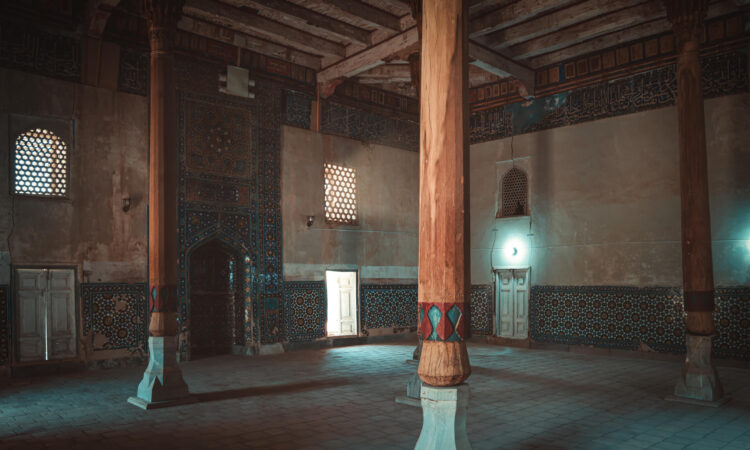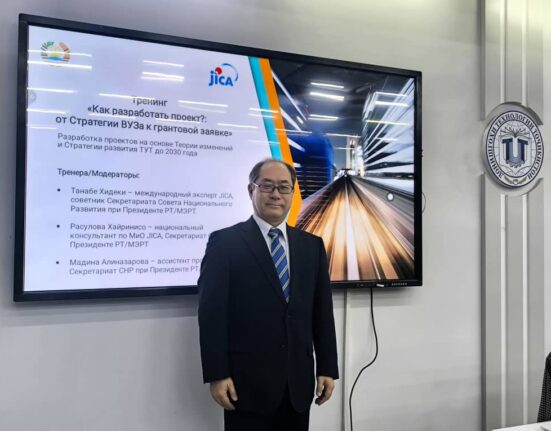The historic Langar Ota Complex, a 15th-century cultural and religious landmark in Uzbekistan’s Kashkadarya province, has been restored and reopened following a $250,000 emergency conservation project funded by the U.S. Ambassadors Fund for Cultural Preservation, according to the U.S. Embassy in Uzbekistan.
U.S. Ambassador Jonathan Henick joined local officials, community members, and U.S. experts to mark the occasion, underscoring America’s role as a global leader in preserving cultural heritage and reaffirming the strength of its strategic partnership with Uzbekistan.
Located in the village of Katta Langar in the Hissar mountain range, the mosque and mausoleum—dating back to 1448—feature Timurid tilework, masterfully carved wooden beams, and hold significant spiritual value as a historic pilgrimage site connected to the Ishqiya Sufi order. The complex also once housed the Katta Langar Quran, one of the oldest surviving Qurans written in Kufic script. This restoration is a symbol of Uzbekistan’s spiritual heritage and its Sufi traditions, which have profoundly shaped the country’s national identity and its assertion of independence.
Started in fall 2023, the conservation project, led by the University of Chicago’s Institute for the Study of Ancient Cultures, involved stabilizing key tile panels, reinforcing the foundation, and replacing the deteriorating roof. It also trained Uzbek conservation professionals, enhancing local expertise for future preservation efforts.
“Cultural heritage is an integral part of how we understand our history and who we are. It transcends national borders,” said Ambassador Henick. “Langar Ota is an important site for people all around the world, and we deeply appreciate the opportunity to play a role in its history.”
This project contributes to broader U.S. efforts to support regional stability, foster cross-cultural engagement, and preserve shared heritage. It underscores America’s deep respect for Uzbekistan’s history and highlights the importance of international cooperation in cultural preservation. U.S.-Uzbekistan collaboration in this area has deepened in recent years. In 2023, the United States and Uzbekistan signed an agreement to jointly combat the illegal trade of stolen artifacts. This partnership focuses on improving the safety of artifacts and expanding law enforcement cooperation to ensure stolen treasures are recovered and returned to Uzbekistan.
The restored Langar Ota Complex is now open for visitors, offering a glimpse into one of Central Asia’s most important spiritual landmarks.
Established by Congress in 2001 and administered by the U.S. Department of State, the AFCP supports the preservation of historic sites, manuscripts, and cultural traditions worldwide. In Uzbekistan, the U.S. government has funded 15 projects totaling $2.5 million.
Photo: uz.usembassy.gov




